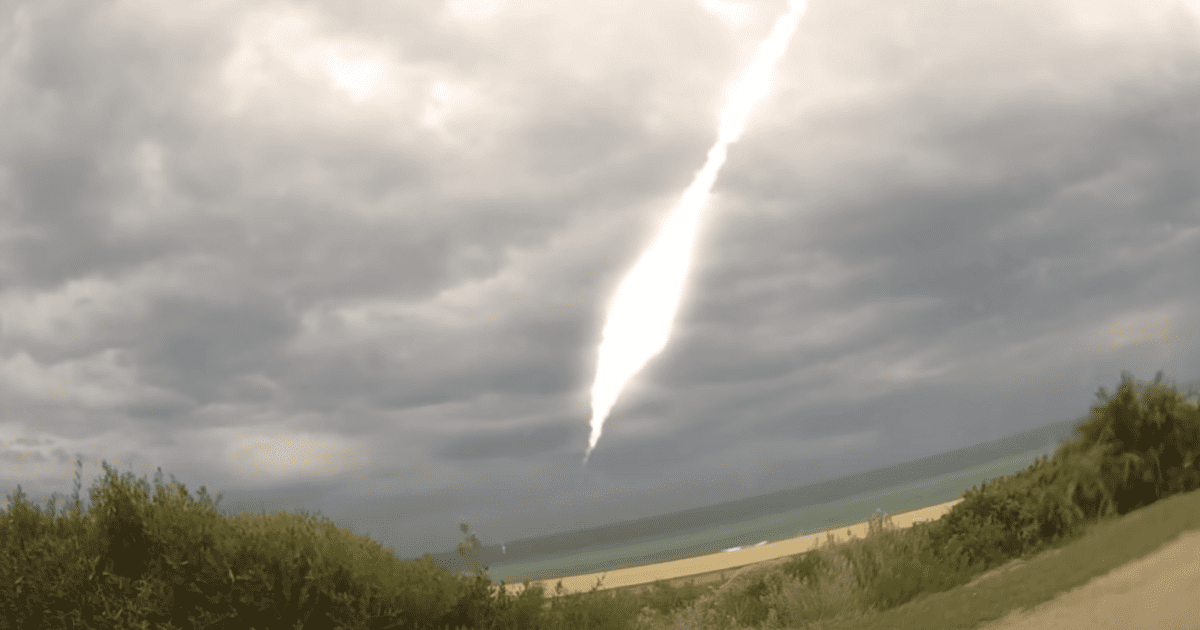Space debris, coronal mass ejections from the sun, and UAP’s are just some of the known hazards of the final frontier.
As we learn more about the fabric that makes up the universe all around us, we are becoming increasingly aware of the many dangers which lurk in the vastness of the space all around us.
Near earth objects are among the most concerning of these threats, as it becomes more apparent that we need adequate defenses for the planet.
According to recent reports, an asteroid identified as 1994 PC1 flew by at approximately 1.2 million miles away from our planet.
While this is a comfortable distance from our perspective, in cosmic terms it was fairly close, and it begs the question: are we prepared to deflect large objects from outer space?
Finding a solution to this problem was touted as one of the main objectives of the newest branch of the U.S. military—Space Force.
Plans to develop and test methods of asteroid deflection and planetary defense are underway, but these efforts are still in their infancy.
The recent near earth object was recorded by NASA:
Near-Earth #asteroid 1994 PC1 (~1 km wide) is very well known and has been studied for decades by our #PlanetaryDefense experts. Rest assured, 1994 PC1 will safely fly past our planet 1.2 million miles away next Tues., Jan. 18.
Track it yourself here: https://t.co/JMAPWiirZh pic.twitter.com/35pgUb1anq
— NASA Asteroid Watch (@AsteroidWatch) January 12, 2022
SAAO astronomers recently observed asteroid 1994 PC1 with our 1m telescope.
The 1.1km asteroid was discovered in 1994, and passed earth on 18 January 2022 at a distance of nearly 2 million Kms!
The asteroid is the object at the centre which we are tracking. pic.twitter.com/woZ0ZiXQO0
— SAAO (@SAAO) January 20, 2022
Daily Caller provided a deeper look into the near earth object 1994 PC1:
The asteroid is categorized as a “potentially hazardous” object by SpaceReference.org. If it were to hit the planet, it would carve out a crater over nine miles wide and 2,000 feet deep, according to an impact calculator developed by Imperial College London and Purdue University.

A previous report from NBC News highlights NASA plans to stop asteroids before they impact:
In the third objective, NASA is asked to come up with new ways to deflect an asteroid heading toward Earth.
This involves developing technologies for “rapid-response NEO reconnaissance missions,” in which a spacecraft could launch toward an Earth-bound asteroid and somehow change the space rock’s course so that it no longer posed a threat.
NASA had plans to attempt this with the Asteroid Redirect Mission (ARM) in 2021, but the Trump administration scrapped that mission in 2017.



Join the conversation!
Please share your thoughts about this article below. We value your opinions, and would love to see you add to the discussion!